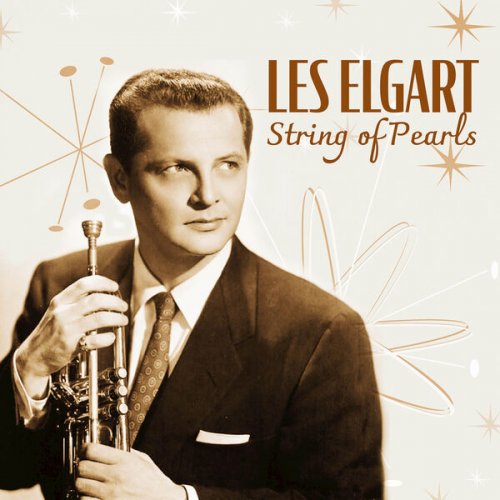Collegium Aureum - Pergolesi: La Serva Padrona (1990)
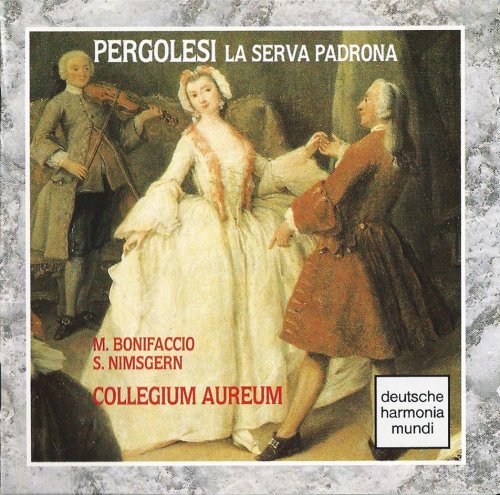
Artist: Collegium Aureum
Title: Pergolesi: La Serva Padrona
Year Of Release: 1990
Label: Deutsche Harmonia Mundi
Genre: Classical, Opera
Quality: FLAC (image+.cue,log,scans)
Total Time: 48:54
Total Size: 295 Mb
WebSite: Album Preview
Tracklist: Title: Pergolesi: La Serva Padrona
Year Of Release: 1990
Label: Deutsche Harmonia Mundi
Genre: Classical, Opera
Quality: FLAC (image+.cue,log,scans)
Total Time: 48:54
Total Size: 295 Mb
WebSite: Album Preview
01. Act 1. Aspettare, e non venire [0:01:44.50]
02. Act 1. Recitativo [0:04:02.35]
03. Act 1. Sempre in contrasti [0:04:14.70]
04. Act 1. Recitativo [0:01:41.57]
05. Act 1. Stizzoso, mio stizzoso [0:03:37.43]
06. Act 1. Recitativo [0:02:23.62]
07. Act 1. La conosco a quegl' occhietti [0:04:19.73]
08. Act 2. Recitativo [0:03:48.40]
09. Act 2. A Serpina penserete [0:05:40.45]
10. Act 2. Recitativo [0:02:32.37]
11. Act 2. Son imbrogliato io gia [0:03:48.38]
12. Act 2. Recitativo [0:04:17.17]
13. Act 2. Per te io ho nel core [0:06:41.48]
Performers:
Maddalena Bonifaccio, Soprano
Siegmund Nimsgern, Harpsichord
Collegium Aureum [on period instruments]
La serva padrona (The Servant Turned Mistress) is an opera buffa by Giovanni Battista Pergolesi (1710 - 1736) to a libretto by Gennaro Antonio Federico, after the play by Jacopo Angello Nelli. The opera is only 40 odd minutes long and was originally performed as an intermezzo between the acts of another long opera seria called Il prigionier superbo. This Harmonica Mundi recording was made in the late 1969.
The story is surprisingly like Donizetti's `Don Pasquale' in its middle Act, where the girl demands to marry a wealthy old man through playing a nasty trick on him. Here, the girl eventually marries the old man and becomes the mistress of the household in a happy ending for all.
The recorded sound is beautifully clear and balanced. As the household master Uberto, the then very young German Wagnerian bass baritone Siegmund Nimsgern gives a lively and stylish performance, who sounds even highly idiomatic in the lengthy recitatives. The `servant' called Serpina is sung by Maddelena Bonifacio, Italian light lyrical soprano who somehow has been grossly underrated. Her aria `Stizzozo, mio stizzozo' is sung vivaciously and highly effectively, without any strain.
Both singers' interaction in duets and recitatives are fully alert. The Collegium Aureum played beautifully throughout.
The story is surprisingly like Donizetti's `Don Pasquale' in its middle Act, where the girl demands to marry a wealthy old man through playing a nasty trick on him. Here, the girl eventually marries the old man and becomes the mistress of the household in a happy ending for all.
The recorded sound is beautifully clear and balanced. As the household master Uberto, the then very young German Wagnerian bass baritone Siegmund Nimsgern gives a lively and stylish performance, who sounds even highly idiomatic in the lengthy recitatives. The `servant' called Serpina is sung by Maddelena Bonifacio, Italian light lyrical soprano who somehow has been grossly underrated. Her aria `Stizzozo, mio stizzozo' is sung vivaciously and highly effectively, without any strain.
Both singers' interaction in duets and recitatives are fully alert. The Collegium Aureum played beautifully throughout.


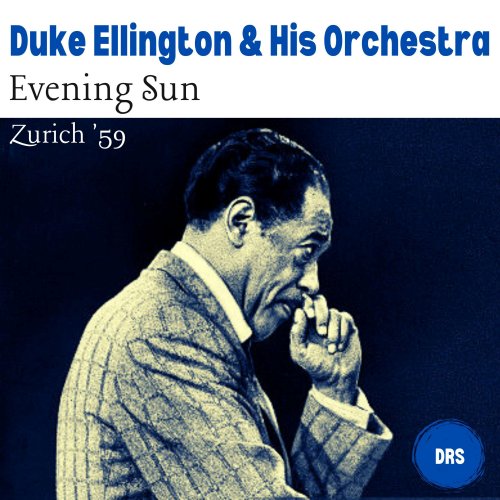
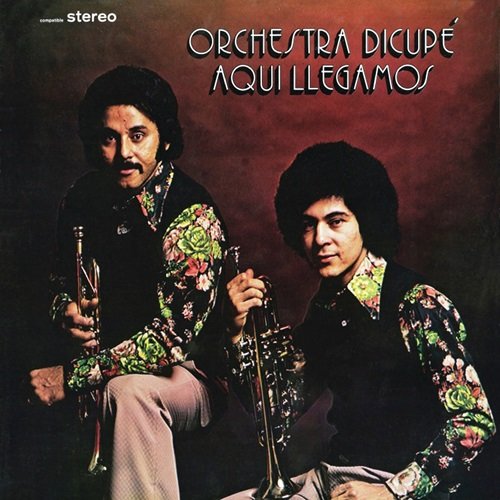
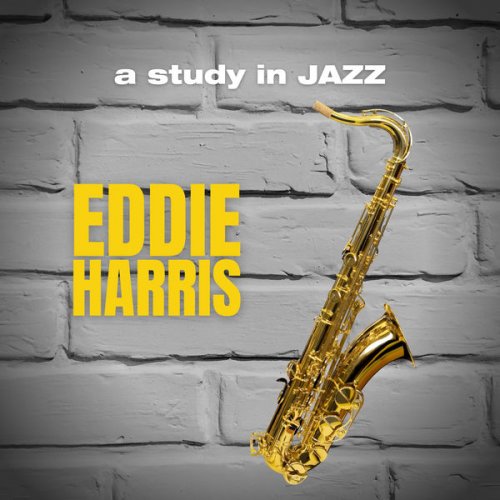
![Jake Baxendale - Gardening Music, Volume 1 (2025) [Hi-Res] Jake Baxendale - Gardening Music, Volume 1 (2025) [Hi-Res]](https://img.israbox.com/img/2026-01/12/h1xq4dp1lh5mal47e7fhs2e8t.jpg)


